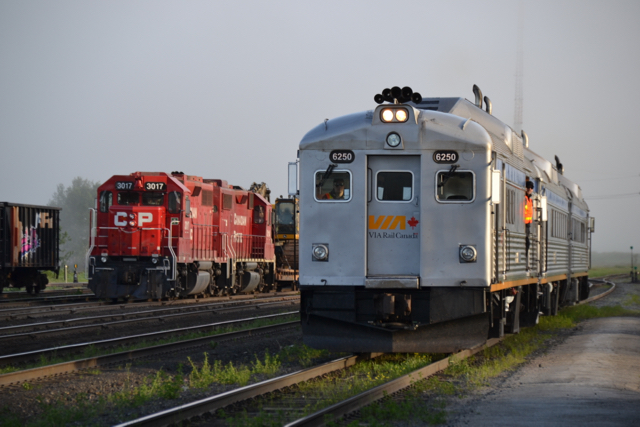One of several videos from other passengers on the flight:
Some reactions from around the net to a United Airlines initiative to treat their customers like unruly prison inmates:
Southwest changes slogan in wake of #United pic.twitter.com/fnNf5NtRo2
— Jordan (@jordansammy) April 11, 2017
The world is rightly abuzz over an awful incident yesterday in which a man was beaten and dragged off a plane by police at Chicago’s O’Hare airport for the crime of wanting to use the seat he’s paid for on a United Airline flight getting ready to leave for Louisville.
The man claimed to be a doctor who had patients to see the next morning, explaining why he neither took an initial offer made to everyone on the plane to accept $400 and a hotel room for the night in exchange for voluntarily giving up his seat nor wanted to obey a straight-up order to leave, in an attempt on United’s part to clear four seats for its own employees on the full flight.
No one considered even the $800 that was offered after everyone had boarded enough for the inconvenience, so United picked four seats and just ordered those in them to vacate. But the one man in question was not interested in obeying. (Buzzfeed reports, based on tweets from other passengers, that the bloodied man did eventually return to the plane.)
While United’s customer service policies in this case are clearly heinous and absurd, let’s not forget to also cast blame on the police officers who actually committed the brutality on United’s behalf. NPR reports that the cops attacking the man “appear to be wearing the uniforms of Chicago aviation police.”
However violent and unreasonable the incident might appear to us mere ignorant peasants, the CEO assures his minions that beatings of this sort are totally within normal procedural guidelines:
The head of United Airlines said in an email to his employees Monday that the security guards who violently dragged a passenger from his seat were following “established procedures for dealing with situations like this,” according to a tweet by CNBC reporter Steve Kopack.
“As you will read, the situation was unfortunately compounded when one of the passengers we politely asked to deplane refused and it became necessary to contact the Chicago Aviation Security Officers to help. Our employees followed established procedures for dealing with situations like this,” wrote Oscar Munoz, CEO of United Airlines.
Munoz’s message to staff comes amid public scrutiny after a passenger refused to relinquish his seat on an overbooked plane and was violently dragged off the plane by three security officers.
Surfaced videos of the incident have since gone viral.

Headline: passenger beaten, abused by United Airlines
Me: how could he tell— David Burge (@iowahawkblog) April 10, 2017





